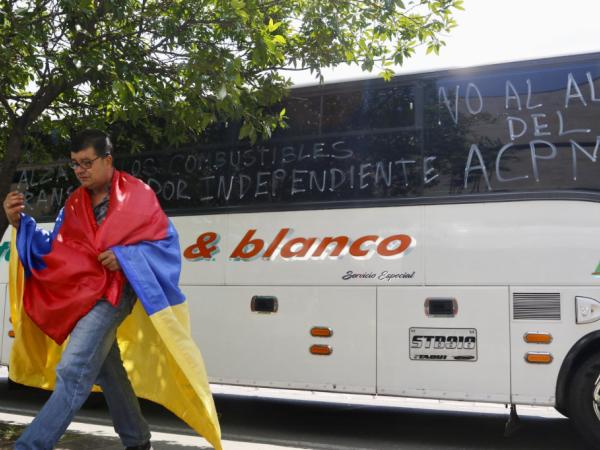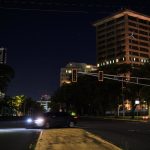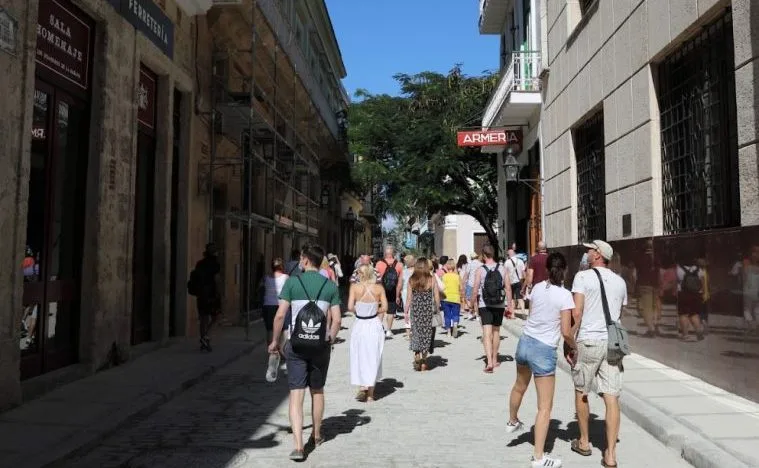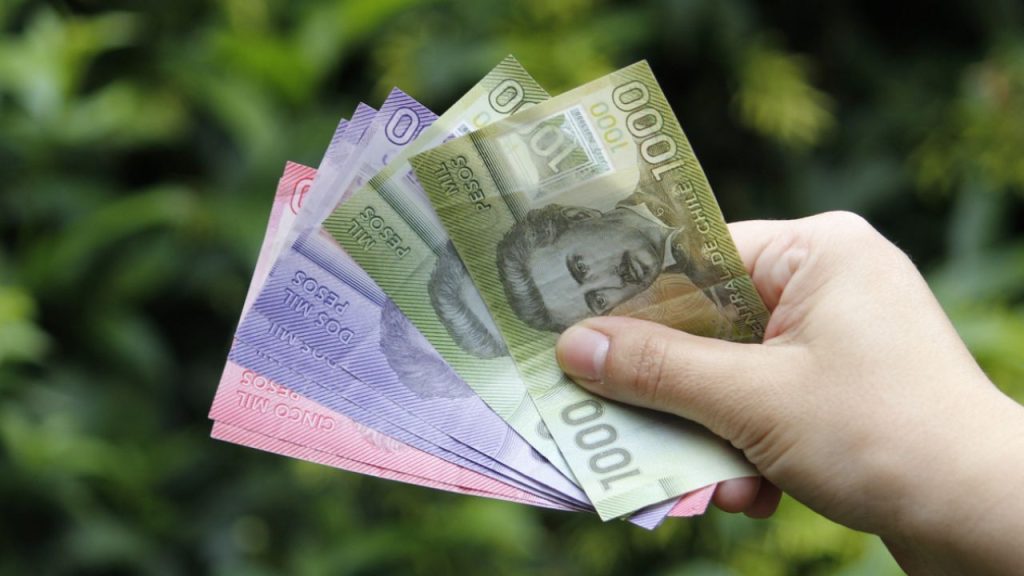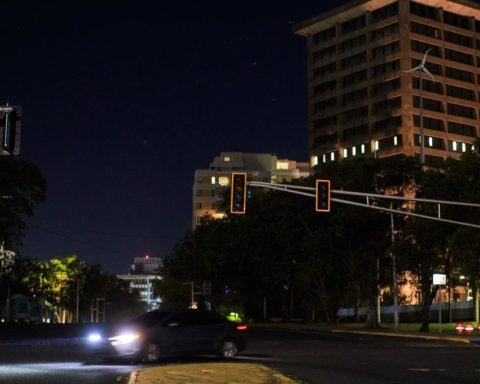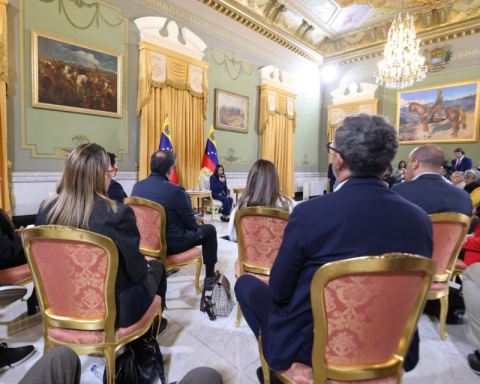The situation facing Bogotá and Cundinamarca due to the protests carried out within the framework of the truckers’ strike (which has already been joined by bikers and taxi drivers) is complex and the capital and the department are on alert. The impacts range from the economy and food supplies to education, with nearly 70,000 students from public and private schools and universities not attending classes.
The governor of Cundinamarca, Jorge Emilio Rey Ángel issued a statement through his X account in which he assured that he had to cancel the academic day from several municipalities and insisted on the formation of a humanitarian corridor.
“We continue to insist on the need to enable humanitarian corridors at all blockade points, prioritizing the passage of chronically ill patients requiring medical attention, as well as the transit of perishable foods and solid waste to the places authorized for their disposal,” he said.
(See also: Concern over egg, chicken and rice supplies due to truckers’ strike)
Rey Ángel also confirmed that there was a 38% reduction in the number of vehicles entering Bogotá and a 41% drop in the number of tons of food entering the country.
“Stocks in wineries are beginning to run out; If things continue like this, the prices of agricultural products will increase gradually,” the governor added.
Truckers protest.
“Millions of liters of milk produced in the department have been lost, as the tanker trucks that transport it have not been able to reach their rural destinations. The same thing happens with other agricultural products that have been harvested and are lost over time due to the blockades,” he continued.
It is important to highlight that the shortage is not only related to food, but also to medical supplies. In this regard, Rey Ángel commented: “Shortages of oxygen and medical supplies are already beginning to be reported in some hospitals in Cundinamarca, while fuel supply has been reduced by 25% at service stations.”
(See also: Trucker unemployment: this is the average monthly salary of a transporter)
Finally, he called for an end to the protests and to be more receptive to the solutions offered by Gustavo Petro’s government.
“If it is decided to continue with the truckers’ strike, we cannot remain passive while watching how the interests of the majority continue to be affected; Therefore, it is imminent to restore normal conditions on the country’s roads, especially in Bogotá and Cundinamarca,” he concluded.
Truckers strike 2024

Truckers strike 2024
Nestor Gomez – The Weather
The 2024 truckers’ strike has been going on for four days. What began on September 1st has become a concern for the government, mayors, governors and citizens.
On September 3rd, Fenalco said the situation is having a strong impact in the capital, where retail sales have fallen by 80%. and mobility has been severely affected by the closure of Transmilenio roads and portals.
“Although the union does not support the gradual increase in diesel costs, considering that it ends up making the products transported by national freight transport more expensive; Nor do we consider that the actual means, with blockades that affect citizens and companies, are the way to express discontent and rejection “tailor-made,” said Juan Esteban Orrego, general director of Fenalco.
Meanwhile, the government is still standing firm on its decision to increase the price per gallon.
“The country will not allow itself to be blocked. The rise in diesel prices is fair because it is only recovering the money from a subsidy that should never have been given and which already accounts for a large fraction of Colombia’s public debt. Providing food to hungry people and education to our children and youth requires us to equalize diesel prices. The appropriate measures to deal with a “lockout”: a business strike, are being taken as of today. “Small independent truck drivers will always be welcomed at the Ministry of Transport,” the Colombian president wrote on Tuesday via his social networks.
